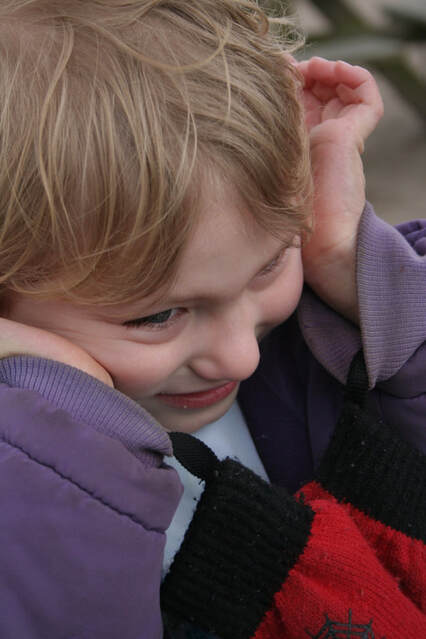Get Informed
About AutismAutism is a neurodevelopmental disorder that affects 1 in 88 - some say as many as 1 in 50 - children in the USA - and the numbers are rising. Autism affects a person's ability to communicate, form relationships with others and respond appropriately to their environment.
The signs of autism typically appear in the first three years of life. The disorder has no known cause or cure, though treatment can sometimes reduce the symptoms. Autism manifests itself in individuals in different ways and intensities. Some people with autism are relatively high functioning, with full control of their speech and intelligence. Others are mentally retarded, mute or have serious language delays. Autism makes some individuals close off and shut down. Others seem locked into repetitive behaviors and rigid patterns of thinking. What is autism?
Adapted from the CT Autism Spectrum Resource Center Autism is a group of a neurobiological disorders (also known as Pervasive Developmental Disorders) that includes DPP-NOS, autism, and Asperger's syndrome. These conditions generally result in:
This, in turn, leads to frustration, anxiety, withdrawal and depression. Lifelong training & supervision
An estimated 60% of adults with autism need lifelong training, supervision and reinforcement of skills. Public schools' responsibility for providing these services ends when the autistic person is 21 years old. The needs of autistic adults include:
|
Turning 21
What Will Happen When Your Autistic Child Turns 21?Where will he live? Will jobs be available to him? Will she continue to receive life skills training from qualified caregivers? Will she be safe?
When autistic children reach age 21, they and their families are left to fend for themselves. Appropriate placements are just not available. The profoundly autistic may find themselves in institutional settings where they stay for the rest of their lives. Our Children Deserve More OptionsFriends of Autistic People works to increase the options available to autistic adults, by raising awareness of facts such as:
|
Resources & Links
A number of organizations provide terrific resources for those affected by autism.


